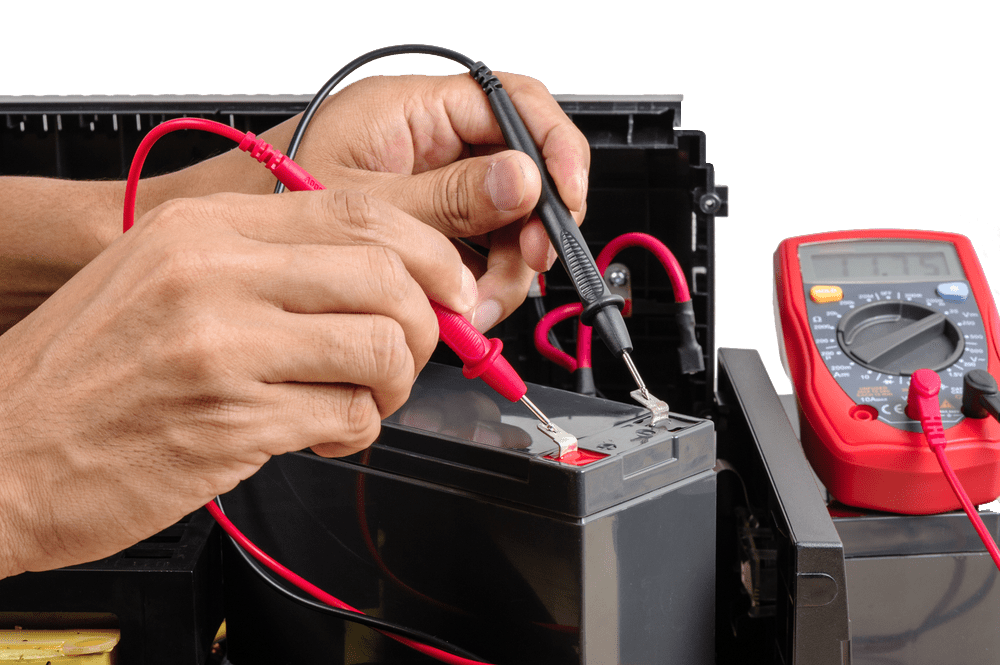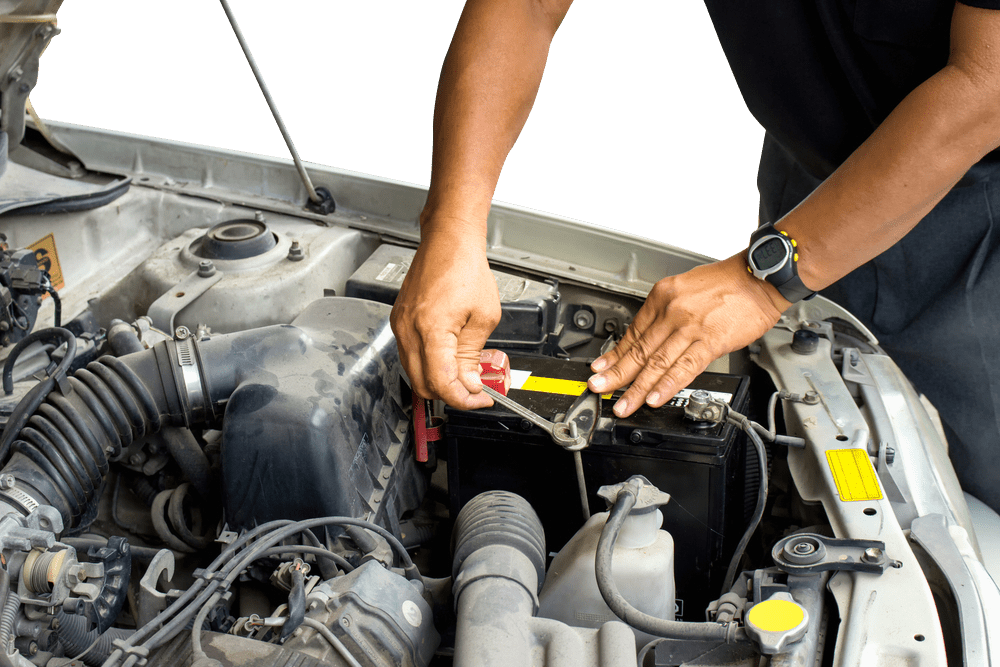- 15 May 2024
Car battery safety precautions

Car battery safety precautions are of paramount importance for every vehicle owner. Your car battery is not just a power source; it’s a critical component that ensures your vehicle starts reliably and operates smoothly. Understanding and implementing safety measures can prevent accidents, breakdowns, and unnecessary expenses. Let’s delve into some essential precautions every car owner should follow to maintain their car battery and ensure safety on the road.
Regular Maintenance
Regular maintenance is key to extending the lifespan of your car battery. Start by inspecting the battery terminals for signs of corrosion, which can hinder electrical flow and lead to battery failure. Clean the terminals with a mixture of baking soda and water, and ensure they are tightly connected. Additionally, check the battery’s fluid level if applicable, and top it up with distilled water if necessary.
Avoid Overcharging and Undercharging
Both overcharging and undercharging can significantly reduce the lifespan of your car battery. Modern vehicles are equipped with alternators that regulate the charging process, but it’s still essential to avoid prolonged periods of idling or short trips, which can lead to undercharging. On the other hand overcharging can occur if the voltage regulator malfunctions, or if using a battery charger to charge the battery. Invest in a quality battery charger with overcharge protection to maintain optimal battery health.

Temperature Considerations
Extreme temperatures, whether hot or cold, can impact car battery performance. In cold weather, the chemical reactions within the battery slow down, reducing its ability to deliver power. In contrast, hot temperatures can cause the electrolyte to evaporate, leading to internal damage and premature failure. Whenever possible, park your vehicle in a shaded area to minimise exposure to extreme temperatures.
Proper Installation and Handling
When replacing your car battery, ensure it’s the correct size and type recommended by your vehicle manufacturer. Improperly installed batteries can lead to electrical shorts, corrosion, and even explosions. Always wear protective gloves and eyewear when handling car batteries to avoid contact with corrosive materials and harmful fumes. Dispose of old batteries responsibly at designated recycling centres to minimise environmental impact.
Emergency Preparedness
Despite taking all necessary precautions, car battery failures can still occur unexpectedly. As part of your emergency kit, keep jumper cables or a portable battery booster pack, and a basic toolkit in your vehicle. Familiarise yourself with the correct procedure for jump-starting a vehicle safely, and always ask for assistance if you’re unsure.
Conclusion
In conclusion, prioritising car battery safety precautions is essential for every vehicle owner. By following these guidelines, you can prolong the lifespan of your car battery, minimise the risk of breakdowns, and ensure your safety on the road. Remember, regular maintenance, temperature considerations, proper installation, and emergency preparedness are key to maintaining optimal car battery health.











